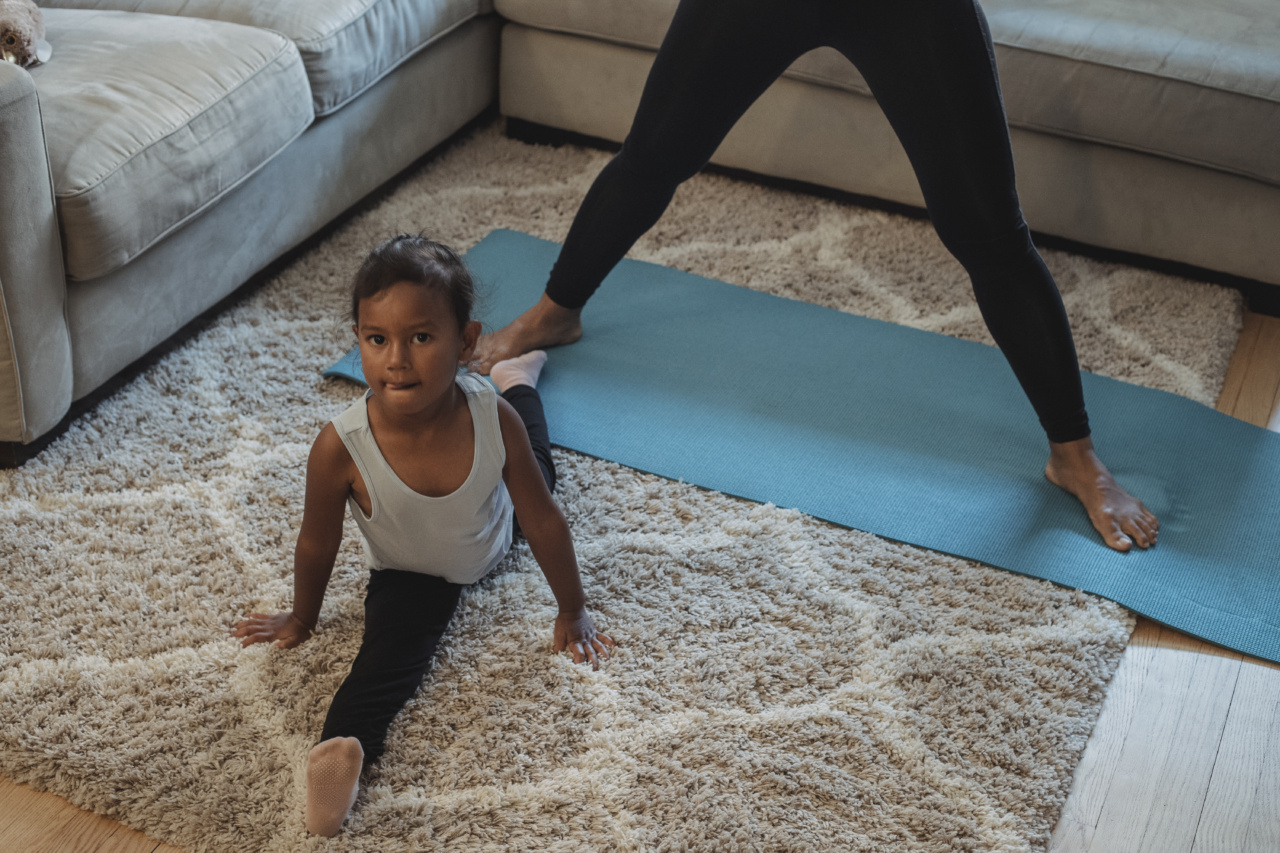Divorce is a challenging and emotional time for any family, especially when children are involved.
However, it is possible to navigate this difficult period and establish a healthy co-parenting relationship for the sake of your children’s well-being. Co-parenting after divorce requires effective communication, mutual respect, and a focus on the best interests of your kids. In this article, we will provide you with some practical tips to successfully co-parent after divorce.
1. Prioritize the Children’s Needs
When going through a divorce, it is crucial to prioritize your children’s needs above your personal differences and conflicts with your ex-spouse.
Remember that your children are experiencing their own emotional journey, and it is your responsibility to provide them with a stable and supportive environment.
2. Create a Parenting Plan
A parenting plan is an essential tool for co-parenting after divorce. This plan should outline the responsibilities, schedules, and expectations of each parent.
Collaborate with your ex-spouse to create a comprehensive parenting plan that takes into consideration the children’s routines, school schedules, and extracurricular activities.
3. Maintain Consistent Rules and Discipline
It is important to establish consistent rules and discipline between both households to provide stability and routine for your children.
Agree with your ex-spouse on important issues such as bedtimes, homework routines, screen time, and consequences for misbehavior.
4. Keep Communication Open and Respectful
Effective communication is the key to successful co-parenting. Maintain open lines of communication with your ex-spouse regarding the children’s well-being, school-related matters, and any changes or updates in their lives.
Keep the conversations focused on the children and always remain respectful, even in difficult situations.
5. Use Technology to Facilitate Co-Parenting
In today’s digital age, there are numerous technological tools that can ease the challenges of co-parenting.
Use platforms, such as shared calendars, co-parenting apps, or online document sharing, to keep both parents informed about the children’s schedules, appointments, and important events.
6. Be Flexible and Accommodating
Flexibility is crucial in co-parenting. Be willing to accommodate your ex-spouse’s requests for changes in the parenting schedule due to work commitments, family events, or special occasions.
Showing flexibility and understanding can help foster a more cooperative co-parenting relationship.
7. Respect Each Other’s Privacy
Respecting each other’s privacy is vital for co-parenting after divorce. Avoid prying into your ex-spouse’s personal life, and refrain from discussing new relationships or other sensitive topics in front of the children.
Focus on creating a positive and supportive co-parenting environment free from unnecessary conflicts.
8. Attend Important Events Together
Whenever possible, make an effort to attend important events together as a united front, such as school plays, sports tournaments, or birthdays.
Your presence as co-parents sends a powerful message of love and support to your children, showing them that their parents can still unite for their well-being.
9. Seek Professional Support if Needed
Divorce can be emotionally challenging, and seeking professional support can greatly benefit both you and your children.
Consider consulting with a family therapist or counselor who specializes in co-parenting to help navigate through the difficulties and ensure the best outcome for your family.
10. Take Care of Yourself
Lastly, taking care of yourself is vital during the co-parenting journey after divorce. Engage in self-care activities, practice healthy coping mechanisms, and surround yourself with a support system.
By prioritizing your own well-being, you can better support your children and maintain a positive co-parenting relationship.































